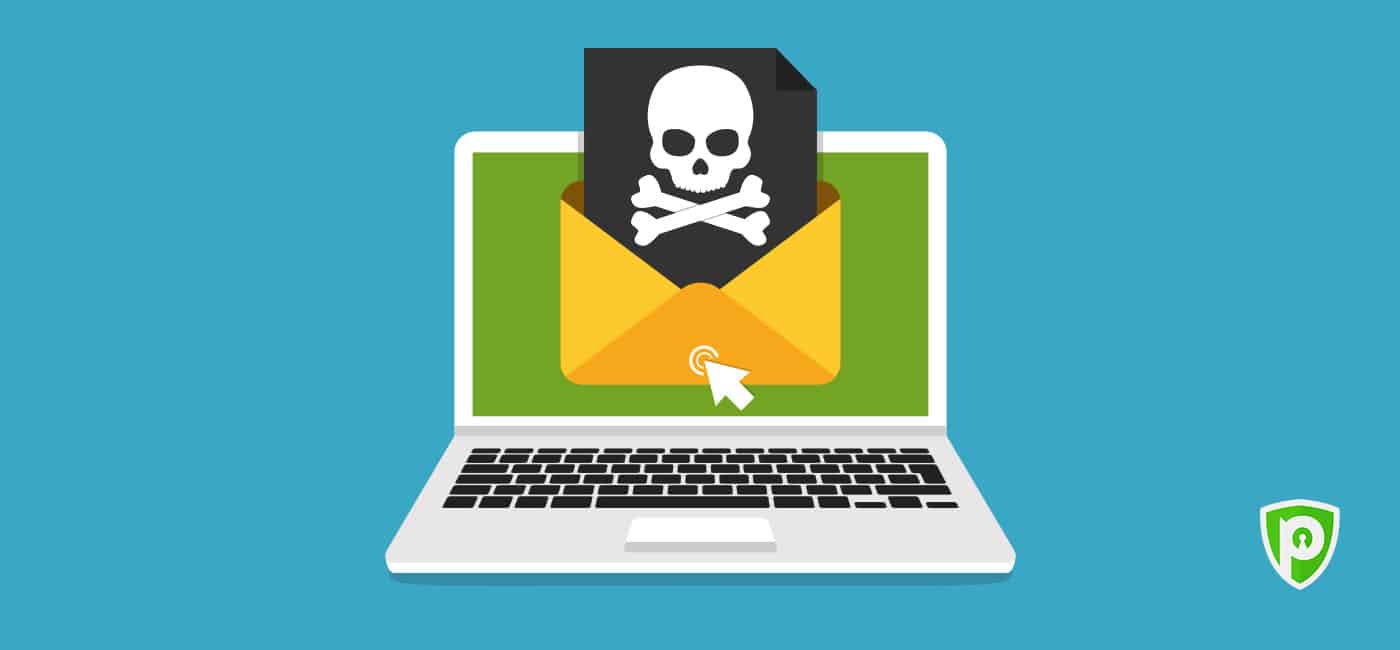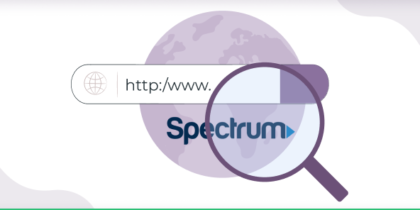Hacking has become a widespread plague in the era of digital hyperconnectivity. Take, for instance, compromised emails.
Unfortunately, anybody can hack emails in this era. Therefore, it’s not possible for anyone to claim that their email account is 100% safe from hackers. In fact, if you look around on the Internet, you would find a plethora of news pieces on email hacking incidents.
Let us take a look at some of the major hacking incidents that have transpired in the past recent years.
Some Major Email Hacking Incidents
Russian Crime Ring’s Hack
Incident: In August 2014, a Russian crime ring acquired the largest known collection of stolen credentials, which included 1.2 billion user IDs and passwords, along with 500+ million email addresses. It is by far one of the biggest email hacking incidents of all times.
Consequence: The privacy of billions of internet users was jeopardized because of the hacked email accounts. Many of them were still unaware that their credentials and data were compromised. As a result, criminals can easily log in to their email accounts and continue to “spy and steal” private data at will.
LulzSec Hacked Sony
Incident: In June 2011, an anonymous hacktivist group LulzSec hacked into Sony Pictures through SQL Injection attack and compromised email accounts. They also stole home addresses of thousands of customers and more. It was claimed to be retaliation for Sony’s legal action against George Hotz for jail breaking into the PS3.
Consequence: Many Sony customers lost their trust in the brand and felt insecure while using Sony’s products or services, liking buying games from the PlayStation Store.
Five Million Gmail Email Accounts Hacked Via Malware
Incident: In September 2014, almost five million Gmail usernames and passwords were leaked online on a Russian Bitcoin security forum. Numerous data breaches were said to be the reason behind this occurrence. Most passwords were identified as three years old and some even older.
Consequence: Google had to instruct users to change their passwords and use two-step authentication process to be secure in the future. However, it did make everyone think that if hackers can hack email accounts of one of the biggest companies on Earth, then they can hack accounts of anybody in the world.
AOL Mail Got Hacked with Spoofed Accounts
Incident: An untold amount of AOL accounts were hacked in April 2014. The hacked accounts were then used to spam hundreds and thousands of users with emails containing all sorts of marketing material. Also, countless spam e-mails were sent via spoof accounts which looked similar to original accounts, making the situation even more complicated.
Consequence: Countless AOL users contacted the support team and retrieved their accounts, but hackers kept using their IDs simultaneously, even after the retrieval. It took away the peace of mind of every affected user.
Here’s How to Prevent Email Hacking
Fortunately, there are some good security practices you can follow to avoid losing your e-mail account.
1. It is easy for hackers to hack email accounts that don’t come with anti-hack features. Therefore, choose an e-mail client with the best e-mail filter and spam detection features.
2. Many at times, hacked email accounts are the result of poor password selection. So, choose a strong password containing capital and small letters as well as numbers. A complex password would make it hard for hackers to guess what your password is.
Here’s how you can change your Gmail passwords.
3. Make sure to only write the hint to your password instead of the complete password itself in the “password hint” feature.
4. Try to avoid giving away your e-mail address, even when you’re asked. Give it only when it is required by a reliable service/person/brand.
5. Don’t subscribe to websites or any online services you don’t intend to use. Also, avoid downloading free toolbars and other apps. Avoid all those attractive offers which want you to click on a link, as it can compromise your e-mail account.
6. Keep your e-mail address ‘Private’ whenever possible. It will prevent cyber criminals from trying hacking techniques on your accounts.
7. If you’ve ever received an email from your email provider, requiring you to log-in via their provided ID/Password field for whatever purpose; PLEASE DON’T. These e-mails are called phishing e-mails and should be ignored, as they are being used to acquire target’s login details by posing as legitimate websites.
8. Don’t open attachments from unfamiliar sources.
9. Don’t log in to your email accounts using public computers and free Wi-Fi hotspots. Public computers can have key-loggers installed in them which can record your e-mail credentials. Public Wi-Fi hotspots can also be spied upon by hackers, compromising your e-mail account(s). If you have ever logged in with your gmail account on such devices and don’t forgot about them then follow this guide to unlink your google account which can help you remove your gmail account from others devices as well.
10. Use Two-Factor Authentication, such as the one Google offers. It adds a safety layer to your account. It makes it difficult for hackers to get their hands on your account. 2-Step Verification works!
You have to enter your password and then enter the code that you immediately receive on your phone after the password acceptance. You may choose to receive your code via a voice call or a text message.
What to Do If Your Email Is Hacked
If your email account is hacked – due to any unfortunate circumstances – there are some important steps you should take immediately.
- The first thing you need to do when your email has been hacked is checking the password. If it is changed, then try to recover it through “Forgot Password.”
- Change the passwords of all your other accounts that are associated with the hacked email account to minimize further damage.
- Hackers often hack emails to gain access to your contacts’ list and then send them spam emails, usually phishing emails. To check whether such activity has been carried out from your account, view “Sent Emails.” Also, notify all the contacts about the incident and recommend them to delete the emails.
- Finally, run cyber security tools like antivirus or anti-malware to make sure that your system is cleaned.
Your Email Account Needs Strong Security
“The only truly secure system is one that is powered off, cast in a block of concrete and sealed in a lead-lined room with armed guards.” – Gene Spafford
No matter how often you use your email ID, it still holds a great worth for you. In the case of losing your account to someone, your personal or financial data can be jeopardized. While 100% safety is practically not possible, we should at least do the best that we can.
So, what do you do or what tool you use to keep your email account secure? Let us know!



